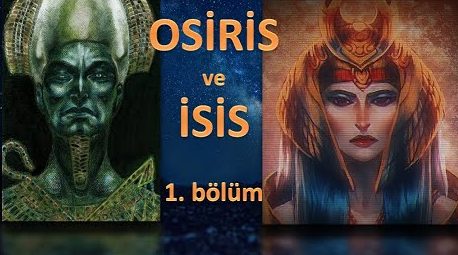The Swiss Enlightenment was a period of intellectual and cultural growth that occurred in Switzerland during the 18th century. This movement was characterized by an emphasis on reason, knowledge, and individual liberty, and it had a significant impact on Swiss society and culture.
One of the most important figures of the Swiss Enlightenment was Jean-Jacques Rousseau. Rousseau was a philosopher, writer, and composer who is best known for his works on political philosophy and education. His ideas on social contract theory and the importance of individual freedom and democracy were hugely influential in the development of the Swiss Enlightenment.
Another major figure of the Swiss Enlightenment was Johann Kaspar Lavater. Lavater was a theologian, poet, and philosopher who was known for his contributions to the study of physiognomy, or the study of the human face and its expressions. He also wrote extensively on ethics and morality, and his work had a significant impact on the development of Swiss culture and society.
Other notable figures of the Swiss Enlightenment include Samuel Wyttenbach, a theologian and educator who played a key role in the development of the University of Bern, and Albrecht von Haller, a physician and naturalist who made significant contributions to the fields of physiology and botany.
The Swiss Enlightenment had a profound impact on Swiss society, culture, and politics. It helped to establish Switzerland as a center of intellectual and cultural innovation, and it contributed to the development of more democratic forms of government in Switzerland. The ideas and principles of the Swiss Enlightenment continue to be influential today, and they have helped to shape the modern Swiss state into a country that is known for its commitment to individual freedom, democracy, and intellectual inquiry.












